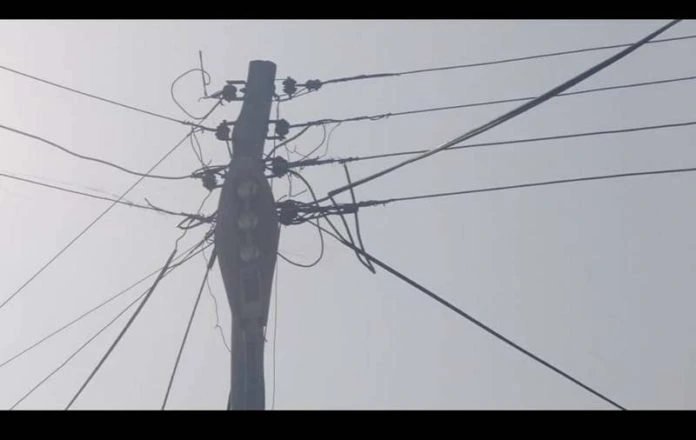Atwima Nwabiagya GES Observes Menstrual Hygiene Day with Sanitary Pad Donations to Promote Dignity and Equal Education for Girls
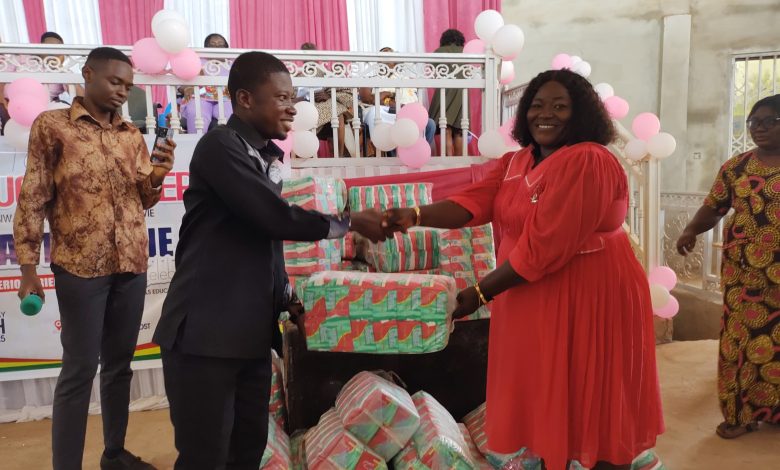
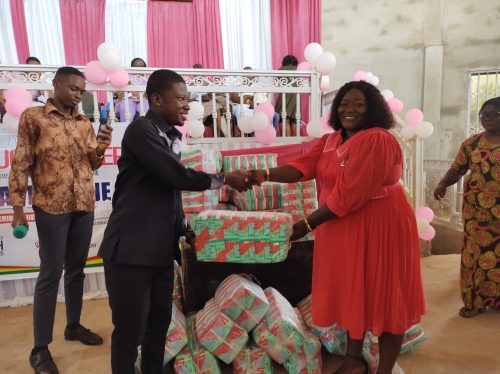
The Ghana Education Service (GES) in the Atwima Nwabiagya Municipality has joined the global commemoration of Menstrual Hygiene Day, marking the occasion with a strong advocacy campaign and a donation of sanitary pads to schoolgirls across the municipality. The event, held under the theme “Together for a Period-Friendly Ghana,” aimed to raise awareness on menstrual hygiene management and ensure that no girl’s education is hindered due to her menstrual cycle.
The celebration, which brought together students, educators, health professionals, and local stakeholders, highlighted the need for a collective approach to ending menstrual stigma and supporting adolescent girls with the knowledge, facilities, and materials they need to manage menstruation safely and confidently.
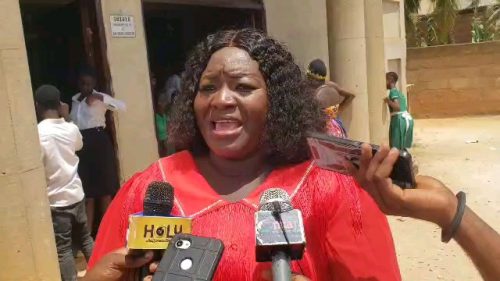
Speaking at the event, the Municipal Director of Education, Nana Pokuaa Amoako, underscored the importance of normalizing conversations around menstruation and providing the necessary infrastructure and support in schools. “Menstruation is not a taboo—it is a natural biological process. Yet, many girls in our schools face shame, embarrassment, and even absenteeism simply because they lack basic sanitary products or fear being mocked,” she said.
“Our aim is to create a safe, informed, and inclusive environment where girls can focus on their studies, not on hiding or suffering during their periods.”
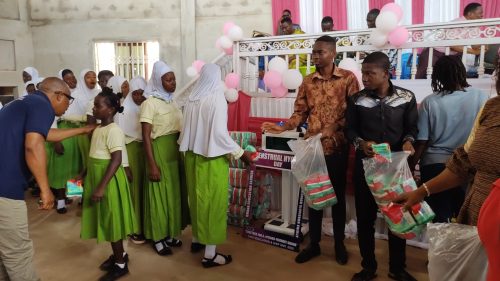
Madam Amoako further explained that the GES is working towards integrating menstrual health education into the school curriculum while ensuring that every girl, especially in underprivileged communities, has access to sanitary materials and decent restroom facilities.
The program also featured a donation of packs of sanitary pads to schoolgirls in attendance. The gesture, according to organizers, was not just symbolic, but a practical response to the issue of period poverty, which continues to prevent many girls from attending school during menstruation.
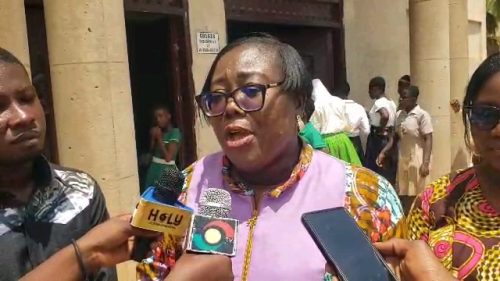
The Municipal Girl-Child Education Coordinator, Madam Hawa Musah, expressed concern about the number of girls who miss school monthly due to lack of access to menstrual hygiene products. “When girls have to choose between managing their period and attending school, we all lose. Education is a right, not a privilege. Today’s donation is one step in ensuring our girls feel confident and supported during their menstrual cycles,” she noted.
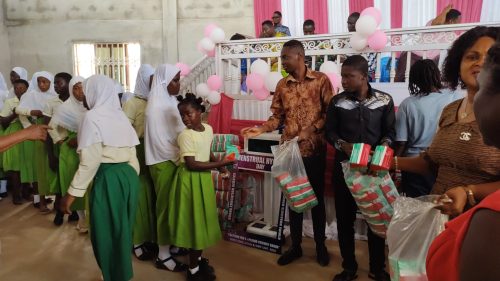
Madam Musah encouraged teachers and parents to create open and supportive environments where menstruation can be discussed without shame or fear. She also called on other organizations and individuals to support efforts aimed at ending period poverty.
Health officers present at the event conducted educational sessions, teaching the girls about the menstrual cycle, good hygiene practices, the proper use and disposal of sanitary pads, and how to manage menstrual discomfort. They also addressed myths and misconceptions that continue to fuel stigma and misinformation about menstruation.
Students who benefited from the donation expressed appreciation for both the materials and the knowledge shared. One JHS student remarked, “Today has changed how I feel about my period. I now know it’s normal, and I feel proud as a girl. I’m also happy I received pads that will help me stay in school during my period.”
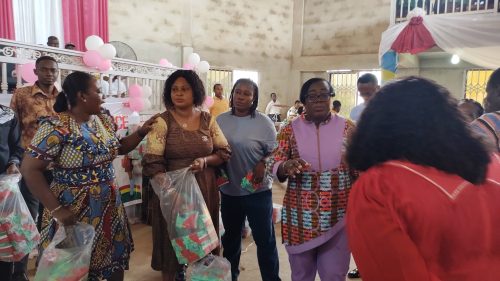
Menstrual Hygiene Day is celebrated annually on May 28 to raise global awareness about the challenges women and girls face due to menstruation and to advocate for policies and programs that improve access to menstrual products and education.
With this year’s celebration, the GES in Atwima Nwabiagya has reaffirmed its commitment to ensuring that menstruation is no longer a barrier to girls’ education, but rather a moment to reinforce their strength, dignity, and equal right to learn.




